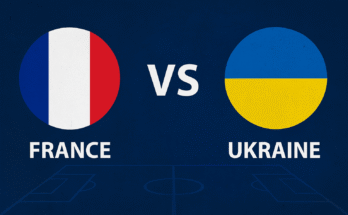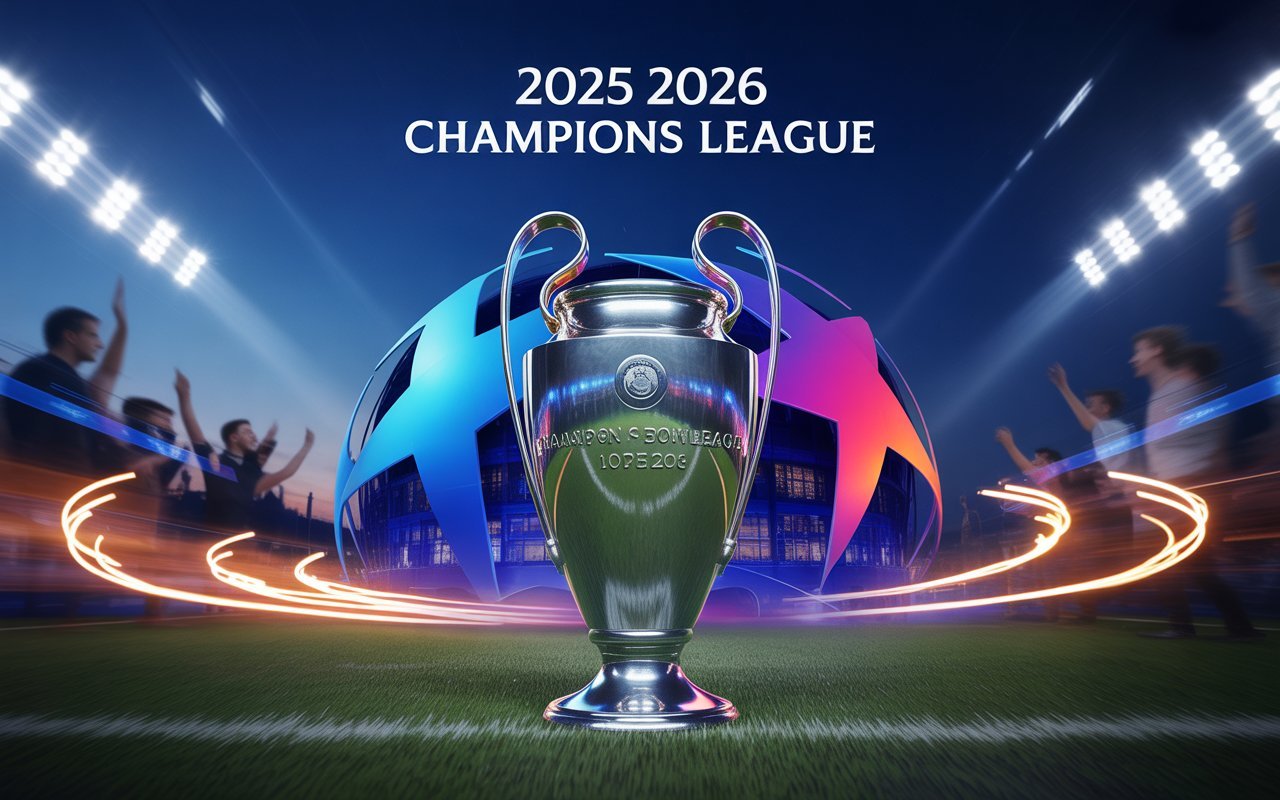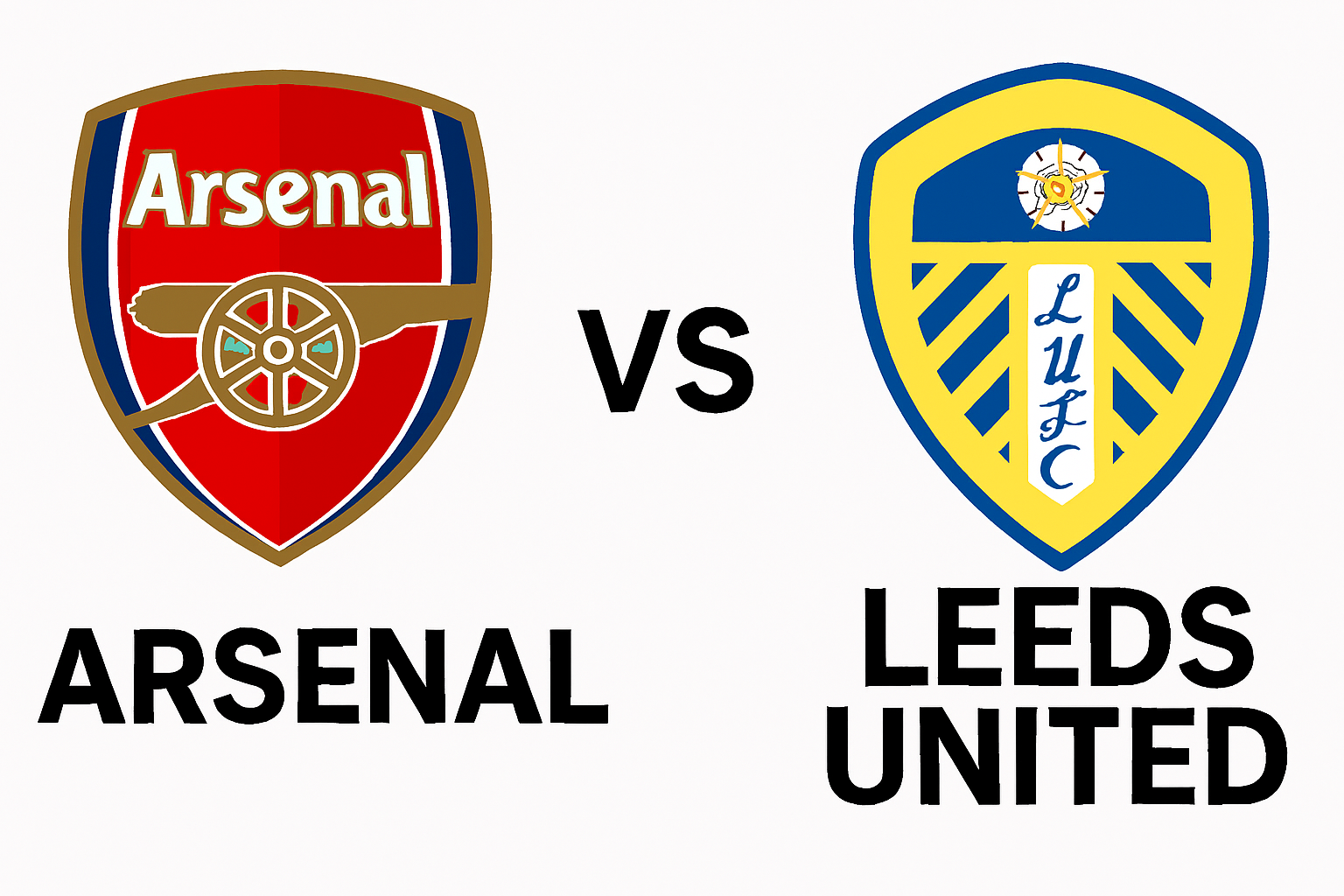Few tournaments enthrall the hearts of supporters like the Euros. Every four years, the very best national teams in Europe compete for continental glory and the Euros deliver stories of triumph, heartbreak, and unforgettable drama. From its modest beginnings in 1960, the Euros have blossomed into a footballing experience that celebrates culture, talent and passion. I grew up watching those summer nights come to life with cheer, and I’ve seen the Euros with my own eyes turn towns and villages into a sea of flags and joy.
Euros: History and Evolution
The UEFA European Championship, better known as the Euros, began when European nations gathered in 1958 to find a competitive way to play against each other rather than just in friendly matches. The first competition was in 1960 with just four teams the Soviet Union, Yugoslavia, Czechoslovakia, and France. The first competition laid the groundwork for a competition that would grow in terms of participation. Over the years, the tournament progressed from four teams to eight participating teams in 1980, to sixteen teams in 1996, and most recently a tournament featuring twenty-four teams over an entire month. Each expansion ushered in new and emerging football nations from around Europe entering the competition and thus providing more styles and stories than ever before.
Euros: Competition Format Explained
At present, the Euros consist of 24 teams split into six groups of four and each team plays three matches on the group stage. From there, the top two from each group and the four best 3rd place teams advance to a knockout phase. In terms of clubs, this structure means teams have different avenues for progress, and it creates a lot of excitement for fans, as underdog tales will often emerge from stiff competition in the groups. From last-minute winners to goal difference drama, this structure guarantees that every match will mean something.
Euros: Memorable Moments in Tournament History
Full of memorable moments, football folklore is full of instances from the Euros. Italy won its first major tournament in 1968 on home soil; in 2004, Greece came in under the radar and shocked the whole continent by lifting the trophy; and in 2000, France entertained with a stunning golden goal to help defend its title. We remember moments for the enduring legacy they create, which is what makes this tournament so enjoyable to watch – the defining moments, the defining chapter. Platini’s excellence with a free kick in 1984 and Zidane’s ability to shepherd France to victory in 2000 are just two examples.
Euros: Impact on Players and Nations
For players, playing at the Euros can be a career-defining moment. Greats like Michel Platini, who scored nine in 1984, and in more recent times Cristiano Ronaldo and Antoine Griezmann, have written themselves into history through great performances. National pride is also at stake here, where a great run can bring a country together and inspire the heart of a nation for generations to come. At Euro 2020, Italy lifted the trophy once again, giving Azzurri fans a moment to remember forever.
Euros: Qualification Process
A qualifying campaign spanning two years and organized into groups of five teams, or six teams means that national teams encounter each of their competitors, home and away. While this will exhaust players, it will ensure that only the strongest teams progress through the qualifying process as it will use teams’ depth and their fitness levels to the limits. Plus, getting into play off positions through the Nations League pathway brings more drama to the competition. If teams don’t qualify outright there is still a potential opportunity to qualify through the playoff process, taking away the significance of every single game.
Euros: Host Countries and Stadiums
Hosting the Euros is a massive undertaking, linking several cities and state of the art venues; from England’s Wembley Stadium to Munich’s Allianz Arena, host cities always embark on a hefty infrastructure investment. The tournament has also adopted a rotation with some cohosts as well: Euro 2000 (Belgium/Netherlands), Euro 2008 (Austria/Switzerland), and Euro 2020, which was staged in 11 countries! Each host also has unique cultural offerings with city-appealing Parisian boulevards full of fan zones, Amsterdam’s canals shuttling fans, and the festival atmosphere of Seville ringing with supporter chants.
Euros: Economic Impact
Major sporting events generate considerable economic activity, and the Euros are no different. Host members will particularly benefit from tourism, hospitality and broadcasting, resulting in billions of euros of money being meant for new tourism, hospitality and broadcasting receipts. Businesses from hotels to street vendors do particularly well with the influx of fans pouring into designated host cities for matches and celebratory fan zone events. Research about previous events has demonstrated considerable job creation and urban regeneration initiatives; punctuating the final match and departing fan base would leave a lasting impact.
Euros: Fans and Culture
Fans all over Europe view this tournament as more than a football tournament. The event creates national pride, causes street parties to erupt, and inspires fan art and decorations. Whether supporters wear scarves and flags, or hang with friends or in watch parties, they drastically change host cities into a hub, often overwhelmingly charged with energy, inclusiveness, and competition. One could go as far as to argue that the cultural interactions and experiences of watching with supporters are often as enjoyable as the matches themselves. From the rhythmic drums of the Portuguese supporters to the organized chants of groups of German supporters, the cultural experiences happening at host cities are often notable and striking.
Euros: Role in Technology
On the pitch of tournaments, money and technology have taken the spectators’ experience to amazing levels. VAR (Video Assistant Referee) makes sure of a fair and accurate game. Goal line technology is a perfect addition for even more accuracy in close calls. Broadcast enhancements like 4K resolution, multi angle replays and fan voting proved amazing headway in the fan experience! Apps that serve real time starts, live social media posts and link together fans communities surrounding each goal or save.
Euros: Future of the Tournament
UEFA is now considering some expansion and format changes to keep this tournament competitive in the future. The proposed expansion includes inviting non-European countries to play friendly matches, even off season, some scheduling change experiments, and the implementation of virtual reality to enhance fan experiences. Like most things in football, this tournament will adapt over time to allow future generations to have conversations about it so that they can have some new reasons to watch it.
Conclusion:
The Euros unequivocally embody football’s capacity to unite, inspire and entertain! Since its first staging at good old Wembley back in 1960, every European Championship has offered football fans something, whether it was a truly memorable upset, an insane goal that broke colossal records, or just an experience and stories we can relay to friends over a pint! Each edition always adds an additional chapter to our collective football memory. While fans prepare for the next kickoff, one thing is for sure; more memories and dreams will be made during this tournament that will capture the hearts of millions throughout Europe and beyond!



